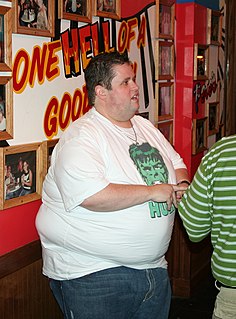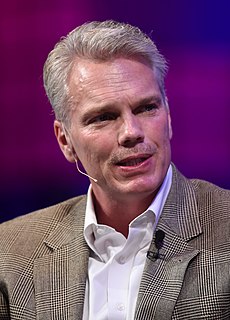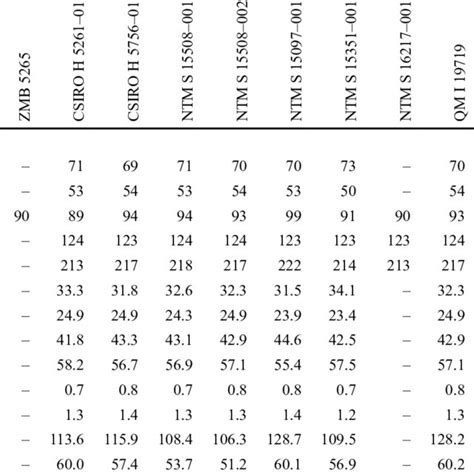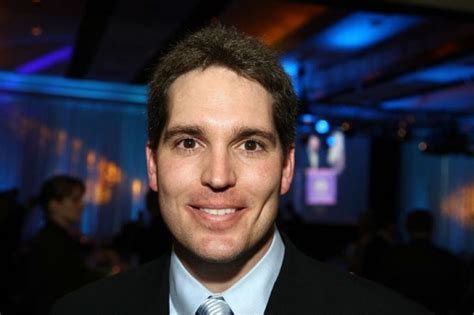A Quote by Aaron Patzer
Before Mint.com, I was a long-time user of 'Microsoft Money' and Intuit's 'Quicken.' Both were powerful tools, loaded with features and functionality around taxes, investment, budgeting - too feature-laden, in fact. They took hours to set up, forever to learn, and an hour a week to maintain.
Related Quotes
My average fan works for about $20 per hour, if they are lucky enough to have a job. And then factoring in insurance, taxes and such, they're maybe bringing home $15 per hour. If my tickets are just under $30, it took them about two hours of their life to make the money to come see my show. Why shouldn't I give them two hours too?
Hostility towards Microsoft is not difficult to find on the Net, and it blends two strains: resentful people who feel Microsoft is too powerful, and disdainful people who think it's tacky. This is all strongly reminiscent of the heyday of Communism and Socialism, when the bourgeoisie were hated from both ends: by the proles, because they had all the money, and by the intelligentsia, because of their tendency to spend it on lawn ornaments. Microsoft is the very embodiment of modern high-tech prosperity - it is, in a word, bourgeois - and so it attracts all of the same gripes.
They don't make poles long enough for me want to touch Microsoft products, and I don't want any mass-marketed game-playing device or Windows appliance near my desk or on my network. This is my workbench, dammit, it's not a pretty box to impress people with graphics and sounds. When I work at this system up to 12 hours a day, I'm profoundly uninterested in what user interface a novice user would prefer.
A while back there was this fad where a big star [would get] a producing credit and you'd ask around, and people were like, "No, they didn't produce, they just took the credit." I was flabbergasted. So when I started, people were weirded out by the fact that I was like, "How long is our prep? I'll come a week before that." They were like, "We're not shooting for six weeks."
Developing fewer features allows you to conserve development resources and spend more time refining those features that users really need. Fewer features mean fewer things to confuse users, less risk of user errors, less description and documentation, and therefore simpler Help content. Removing any one feature automatically increases the usability of the remaining ones.
Customer-driven innovation was at the core of Intuit's first product, 'Quicken,' and it continues to guide us as we look to solve new problems in areas like mobile payments. Products like Intuit 'GoPayment' and the IntuitPayment Network are helping small businesses get paid faster, keeping cash flow strong and their business healthy.
I am a runner. Last October, there was a marathon here in Beijing. I didn't participate this time, but friends told me that the run wasn't prepared too well. The organizers had only arranged about three hours' worth of food and water supplies. Most people don't finish within three hours, however. Too bad for them - or so it seemed. In fact, however, even those finishing last were perfectly taken care of, particularly during the fourth and fifth hour when demand is highest.
Looking at the line-up of speakers at the (Democratic National) Convention, I have developed the 7-11 challenge: I will quit making fun of, for example, Dennis Kucinich, if he can prove he can run a 7-11 properly for 8 hours. We'll even let him have an hour or so of preparation before we open up. Within 8 hours, the money will be gone, the store will be empty, and he'll be explaining how three 11-year olds came in and asked for the money and he gave it to them.


































